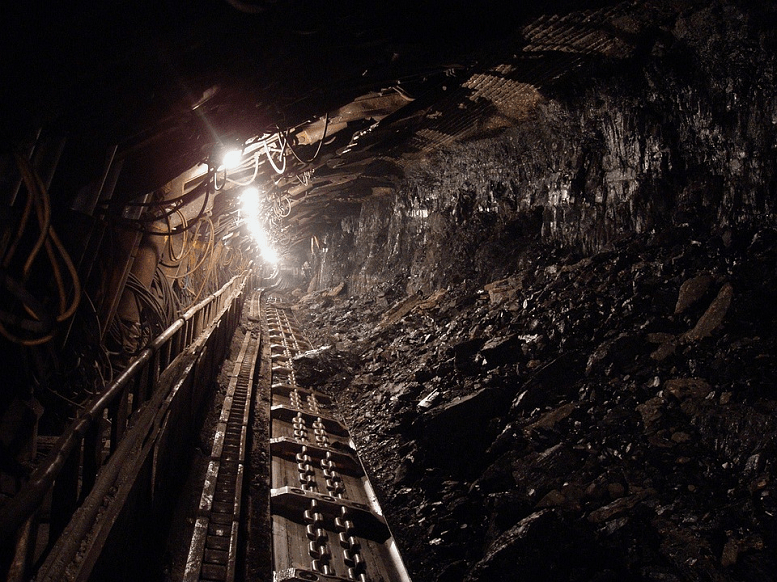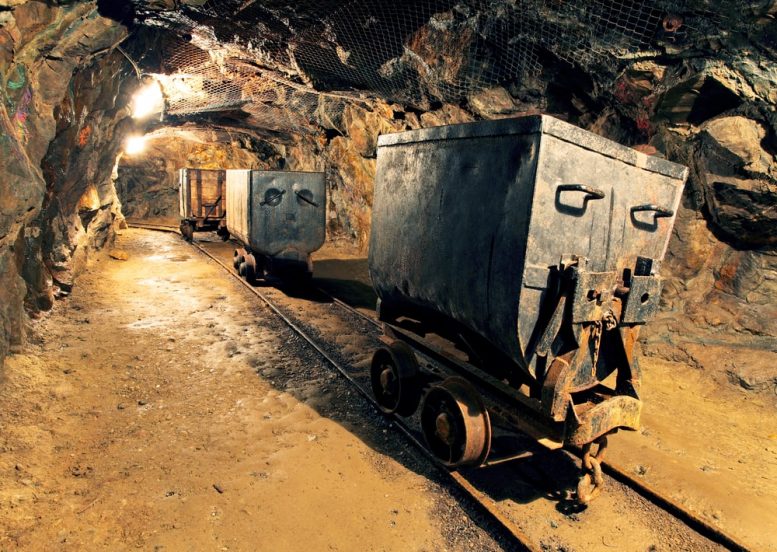Stina Resources Ltd. has announced that it is in the final stages of working out a research agreement with the University of Calgary that includes the vanadium battery technology.
The University of Calgary will conduct research that focuses primarily on vanadium redox flow batteries, as well as the production of vanadium electrolytes. Essentially the first stage of the research will involve the creation of a battery stack that is based upon the technological instructions given by the Pacific Northwest National Laboratory.
Here’s what Stina Resources CEO Brian Stecyk had to say about the research agreement:
“We chose the University of Calgary because they already have worked with vanadium flow battery technology and they will deliver practical research within a short time-frame.”
For those who don’t know, the Pacific Northwest National Laboratory (“PNNL”) is a top research leader in vanadium flow batteries and vanadium flow battery electrolytes. This research agreement is part of their effort to commercialize the various scientific technologies they have created. Operated by the Battelle Memorial Institute, PNNL is a scientific research complex headquartered in Richland, Washington.
What are the benefits of this agreement? Well, the creation of a battery stack at the University of Calgary will allow for the evaluation of a number of vanadium electrolytes.
“Vanadium flow batteries are rapidly becoming one of the main electrical storage technologies for grid-storage. According to the US Department of Energy, there are already 59 installations worldwide. Stina has vanadium resources in Nevada and the University of Calgary’s practical research will help us reach our long-term vision of being a vertically integrated producer of vanadium electrolytes,” said Stecyk.
Featured Image: twitter









